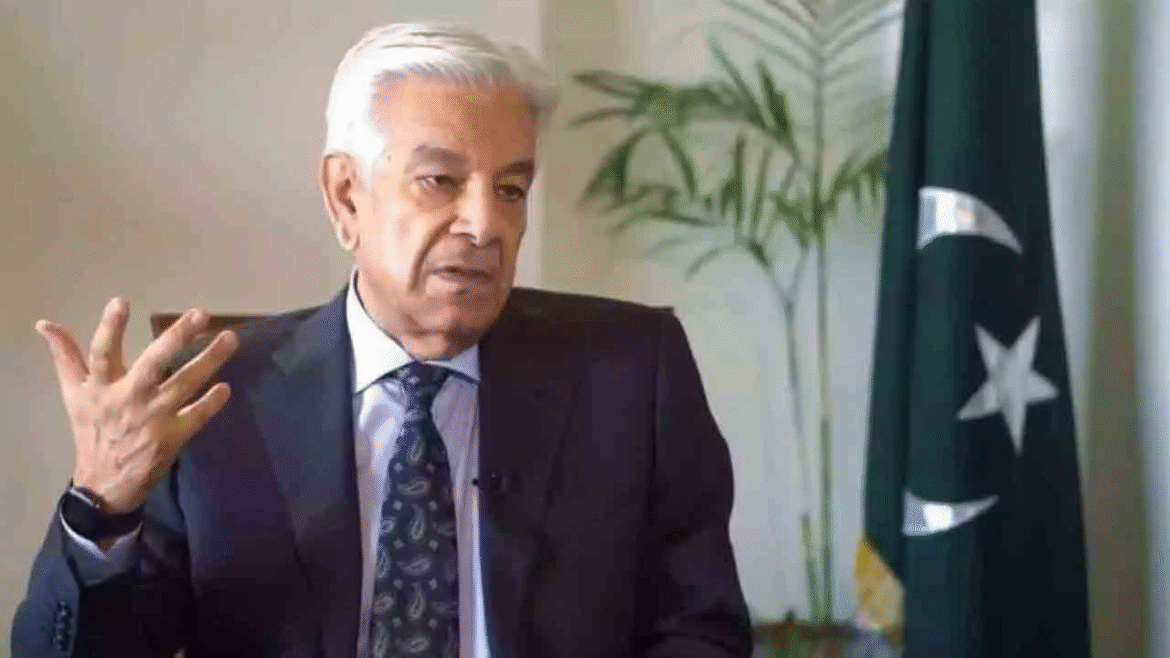AI Generated Summary
- ” His clarification cast doubt on the veracity of the military’s initial statement, raising questions about the chain of communication within Pakistan’s civil-military leadership and whether the nuclear umbrella was ever genuinely invoked as a deterrent.
- In either scenario, the contradictory public statements highlight the precarious nature of crisis management in South Asia—where a single misstep or misannouncement can rapidly intensify an already volatile standoff.
- In an unexpected twist amid escalating tensions along the India–Pakistan border, Pakistani officials offered conflicting accounts this Saturday concerning a high-level meeting on the country’s nuclear command authority.
In an unexpected twist amid escalating tensions along the India–Pakistan border, Pakistani officials offered conflicting accounts this Saturday concerning a high-level meeting on the country’s nuclear command authority.
Morning Claim of Nuclear Oversight Session
Early reports emanating from Islamabad suggested that Prime Minister Shehbaz Sharif had convened the National Command Authority (NCA)—the apex body responsible for supervising Pakistan’s nuclear arsenal—immediately following a cross-border military operation targeting several Indian installations. According to statements attributed to military spokespeople at around 8:00 AM local time, the prime minister had summoned the panel “in response to heightened security threats.” This announcement appeared designed to underscore Pakistan’s readiness to escalate its strategic position.
Defense Minister Denies Any Such Meeting
Barely three hours later, however, a sharply contrasting narrative emerged. At 11:06 AM, Defence Minister Khawaja Asif publicly refuted the earlier claim, asserting that “no meeting of the NCA was scheduled for today.” His clarification cast doubt on the veracity of the military’s initial statement, raising questions about the chain of communication within Pakistan’s civil-military leadership and whether the nuclear umbrella was ever genuinely invoked as a deterrent.

International Calls for De-Escalation
Meanwhile, diplomatic channels in Washington and New Delhi continue to urge restraint. The United States government has publicly urged both nations to dial back hostilities, explicitly placing the burden of de-escalation on Pakistan. A senior U.S. State Department official emphasized that “the responsibility for tempering tensions lies with those who first threaten to expand the conflict.” New Delhi, for its part, has reiterated that it seeks only defensive parity and deems any nuclear posturing as destabilizing.
Implications for Regional Stability
Analysts suggest the incident may reflect either an internal miscommunication between Pakistan’s military and civilian branches or a deliberate psychological gambit that has misfired. In either scenario, the contradictory public statements highlight the precarious nature of crisis management in South Asia—where a single misstep or misannouncement can rapidly intensify an already volatile standoff.




